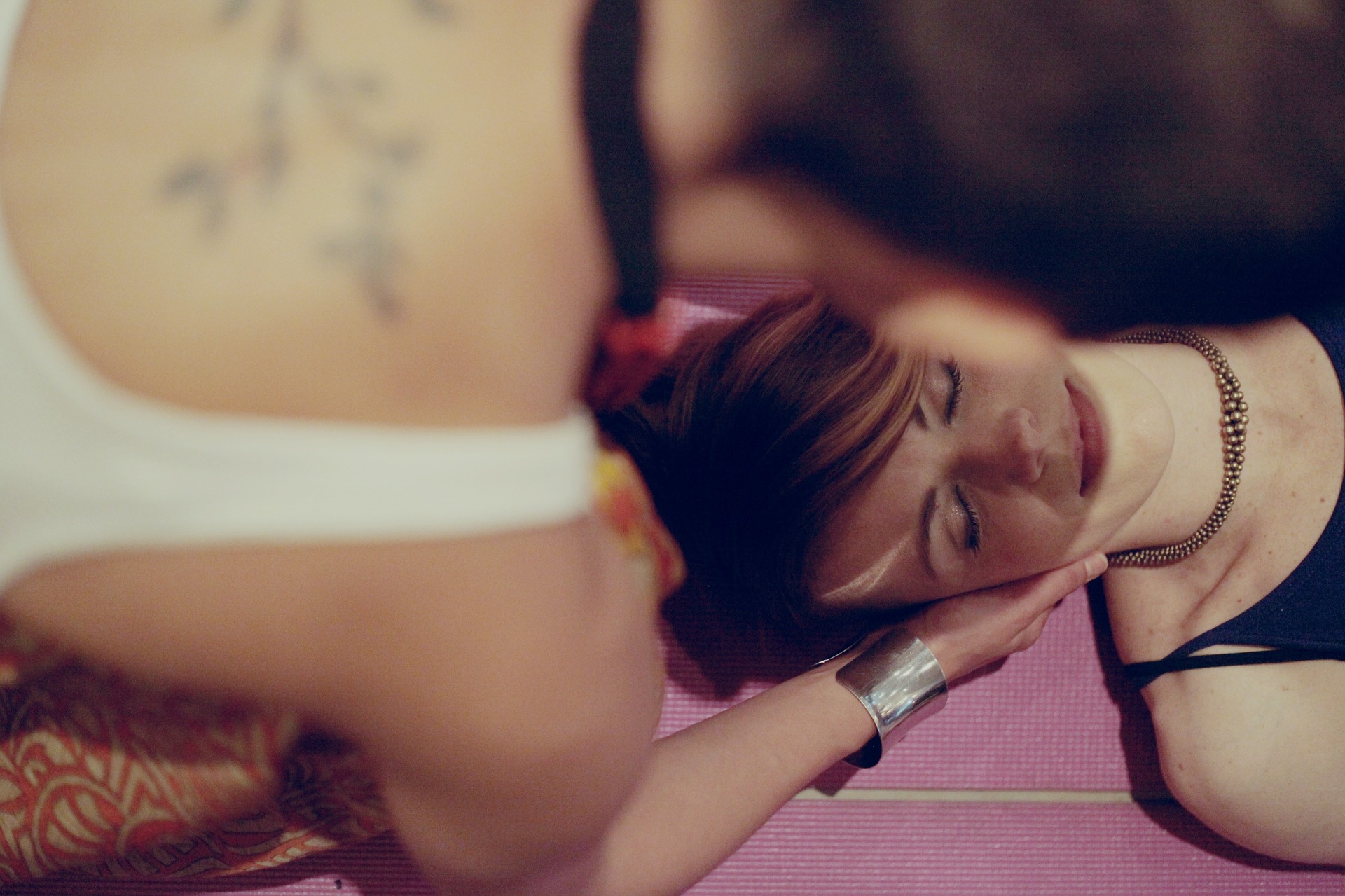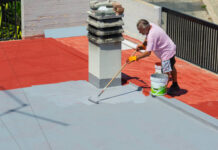The fashion industry spares no expense in their quest to find the next “It” designer or model; each year, designers pour millions into advertising campaigns and last-minute runway shows. But seemingly overnight, new trends come out of nowhere and the fashion houses scramble to stay hot on top of the latest style innovations. In which 1957 musical satire did fred astaire play a high-fashion photographer? Take this quick quiz to find out! The fashion world is a notoriously competitive industry, and to break into it as a photographer you need to know what the trends are, where all the agencies are at, and how best to showcase your work.
One of the key aspects of staying atop of all the latest hot trends, from makeup to technology, and everything in between is that photographers stay on top of their game. The most-sought-after shooters have one main thing in common: they keep an eye on all things high-fashion. Read below for some great advice from successful fashion photographers.
So how does a company stay innovative and creative? Experts in high-fashion photography offer valuable information about what can be done to capture that perfect shot for your brand’s campaign – even when you have an ultra-tight deadline. Though social networks like Pinterest are great for stimulating creativity, photographers who specialize in high-fashion cringe at this statement all too often.
Seven Useful Tips From Experts In High-fashion Photography :
1. Know Your Light
Forget about natural light! When it comes to fashion-forward photographers, artificial lighting is the name of the game. Whether it’s tricking the eye with reflected lights or making use of a lot of flash, some studios aren’t afraid to crack a few mirrors just to get that perfect shot.
The great thing about artificial lighting is that there are so many options – you can use ring lights, soft boxes and other modifiers for your flash kit. Though natural light is a great alternative for some, high-fashion photographers will agree that using artificial lighting to enhance their work is a must.
2. Know The Model
This might be an obvious tip but the fact of the matter remains: it’s always crucial to take a look at the model’s previous work before scheduling any shoots of your own. If you notice that he or she has previously worked with agencies from other countries, this could mean double work for translators and language specialists. If your model has already worked in the business for a few years, you can rest easy knowing that you’re getting a pro!
3. Get The Best Equipment
It’s important to get your hands on the best equipment money can buy. Whether it’s pricey cameras or lighting kits, these accessories can make or break your project. If you don’t have an endless amount of cash to spend on new equipment, experts recommend that you rent out whatever tools you need from industry professionals – it may end up being cheaper and more convenient than buying brand new items.
4. Question Your Intended Audience
This tip comes from fashion photographers themselves. It’s always a smart idea to consider who your audience is when looking for that perfect shot. If you’re aiming for a high-fashion magazine, the most obvious choice would be to shoot against a simple white background. If you’re shooting an ad campaign, however, might as well try shooting in an environment that matches the product – it will help viewers relate to what they see.
5. Reach Out To A Network For Advice
Try reaching out to a network that specializes in the area you are interested in. This will help with the process of finding models and other relevant talent. It’s best to have the team in place before you get started with a project, as it helps to build your budget and schedule accordingly.
6. Consider A Few Different Angles
It’s always best to do a little research before the shoot. Take some time to figure out the best angles for your shot, and consider the details that you would like included on-screen. This makes it easier for others on set to execute your vision properly.
7. Get To Know Your Models
Most models are experts at what they do, and as a result, they will have a strong opinion on the matter. If you can learn a little about what makes your model tick, this will help with any project you have in mind (trust me, it’s not always easy to know these things). It’s best to go into each shooting session knowing as much about the model as possible and take the time to listen to their feedback.



















